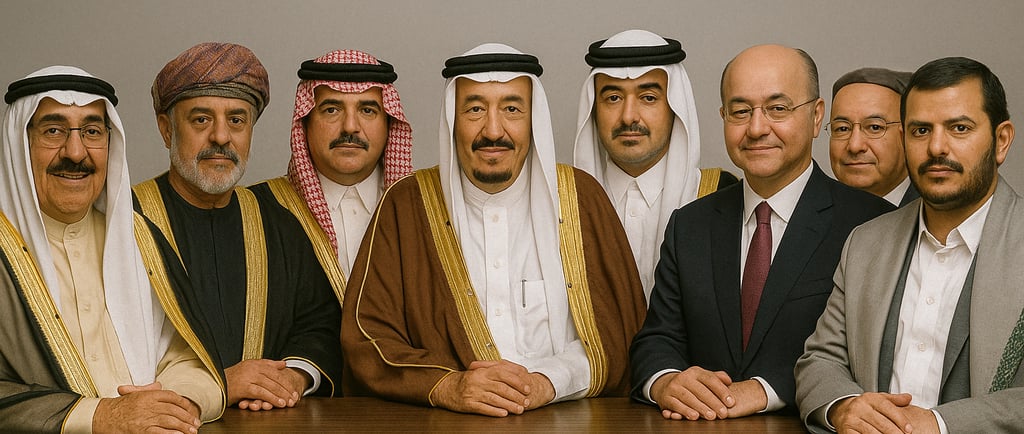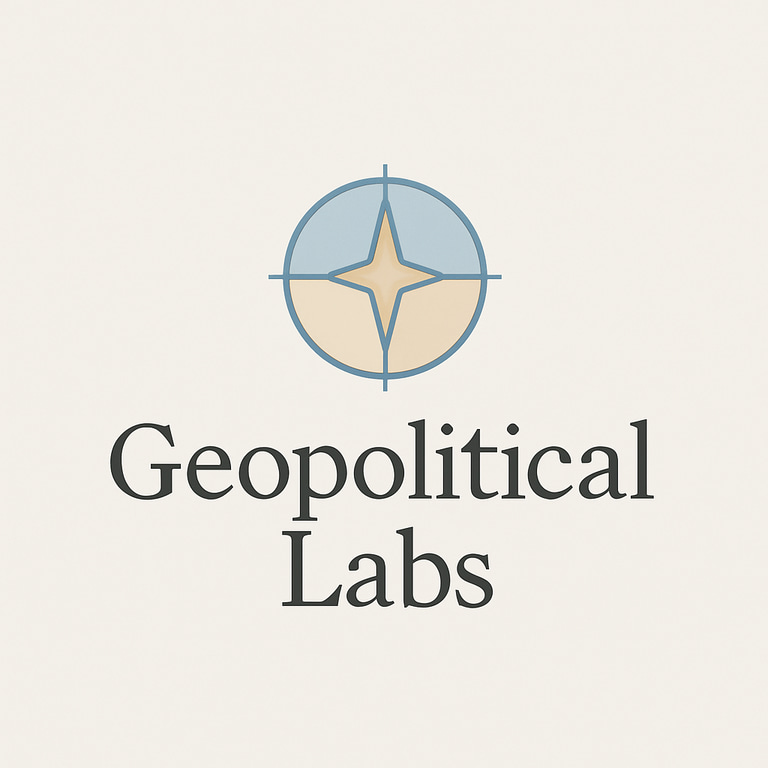The Nuclear Bomb Dilemma
MIDDLE EAST
Philip Morande
6/17/20252 min read


Riyadh and Tehran are about 990 kilometers apart. But more than just distance, what separates them is history, religion, and power. On one side, Saudi Arabia — the heart of Sunni Wahhabi Islam, deeply conservative. On the other, Iran — cradle of Shia Islam, heir to the Persian world, and guardian of the Twelve Imams. They're neighbors, but they couldn't be more different. And in the Middle East, that kind of difference always spells tension.
This tension doesn’t just play out in speeches or flags. It unfolds in the Gulf, where both countries compete for influence, leadership, and the right to define what "true Islam" means. And now, there's a much more concrete threat in play: Iran’s nuclear ambitions.
Here’s where things get uncomfortable. Should Saudi Arabia really condemn Israel’s strike on Iran? The honest answer — though few say it out loud — is no. For the Saudis, that strike might feel like someone else doing them a favor.
A nuclear-armed Iran wouldn’t just be a problem for Israel or the West. It would also deeply unsettle the Gulf monarchies. Why? Because if Iran gets the bomb, others will want it too. The UAE, Qatar, Bahrain… they’d all start exploring their own nuclear options. And at that point, deterrence takes a back seat to panic.
Besides, even if these countries share language, religion, and culture, they’re not always on the same page. Qatar openly supports Palestine and the Muslim Brotherhood. Saudi Arabia, the UAE, Egypt, and Bahrain have banned the Brotherhood entirely. This isn’t just foreign policy — it’s a clash over who gets to lead the Muslim world and define its future.
So, when Israel hits Iran hard, Saudi Arabia might see it as a golden opportunity: weaken their main Shia rival, avoid a regional arms race, and boost their own standing — all without lifting a finger.
Of course, the region remains unpredictable. Saudi Arabia still has the Yemen conflict to deal with, and no one really knows what will follow if Iran is seriously weakened. But one thing is certain: behind all the diplomatic noise, the balance of power in the Middle East is shifting. And the bomb — more than a weapon — has become a symbol of who holds the reins. In this direction, we need to understand the role of the relationship between Pakistan and Saudi Arabia, but that is for another column.
